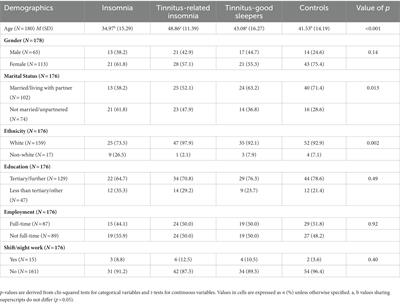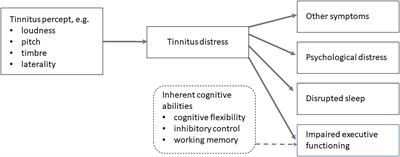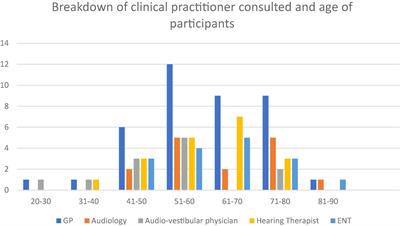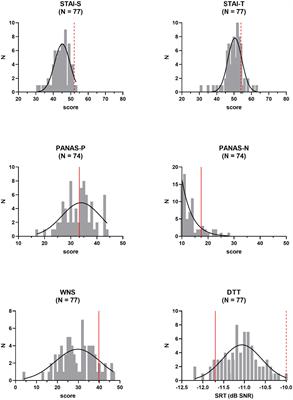ORIGINAL RESEARCH
Published on 17 Mar 2023
Cognitive–behavioral factors in tinnitus-related insomnia

doi 10.3389/fpsyg.2023.983130
- 3,507 views
- 1 citation
3,056
Total downloads
12k
Total views and downloads
ORIGINAL RESEARCH
Published on 17 Mar 2023

ORIGINAL RESEARCH
Published on 10 Feb 2023

ORIGINAL RESEARCH
Published on 12 Jan 2023

ORIGINAL RESEARCH
Published on 26 Sep 2022
